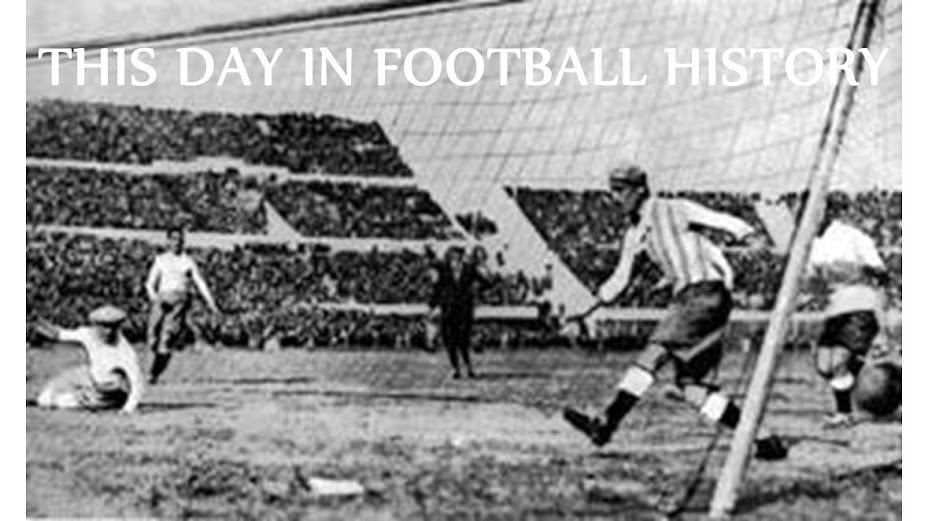 On 31 March 2001, 33-year old midfielder David "Rocky" Rocastle, who had played for Arsenal, Leeds United, Manchester City, and Chelsea, died from complications related to non-Hodgkin's lymphoma.
On 31 March 2001, 33-year old midfielder David "Rocky" Rocastle, who had played for Arsenal, Leeds United, Manchester City, and Chelsea, died from complications related to non-Hodgkin's lymphoma.Born in 1967, Rocastle started his career with Arsenal's youth squad in 1983, then joined the senior side from 1985 to 1992. He was a star for the Gunners, making 218 League appearances and scoring 24 goals. In that time, Arsenal won one League Cup (1987) and two League titles (1989, 1991). But near the end of his time at Highbury, injuries began to impact his game and he transferred to Leeds United in the summer of 1992 for £2 million, a Leeds record at the time.
His playing time at Elland Road was limited by a combination of factors, including injury and competition from other players, including Gordon Strachan, the man he'd been brought in to replace. In December 1993, Rocastle moved again, this time to Manchester City, but once more failed to make an impact. At the end of the 1992-93 season, he returned to London, this time with Chelsea.
He stuck with Chelsea for four seasons, but never recovered the form or fitness he had during his previous spell in London with Arsenal. He spent 1997 out on loan to Norwich City and Hull City, then returned to Chelsea's reserve team. After leaving Chelsea in 1998, he briefly joined Malaysian side Sabah FA, but injuries forced his retirement in December 1999.
In February 2001, Rocastle announced that he had contracted non-Hodgkin's lymphoma, a form of cancer that affects the immune system. Despite aggressive chemotherapy, he died on 31 March.
Arsenal paid tribute to Rocastle by naming their new youth team indoor training facility after him. They also included him as one of 16 former Arsenal players to have their images painted on the sides of the new Emirates Stadium.






























